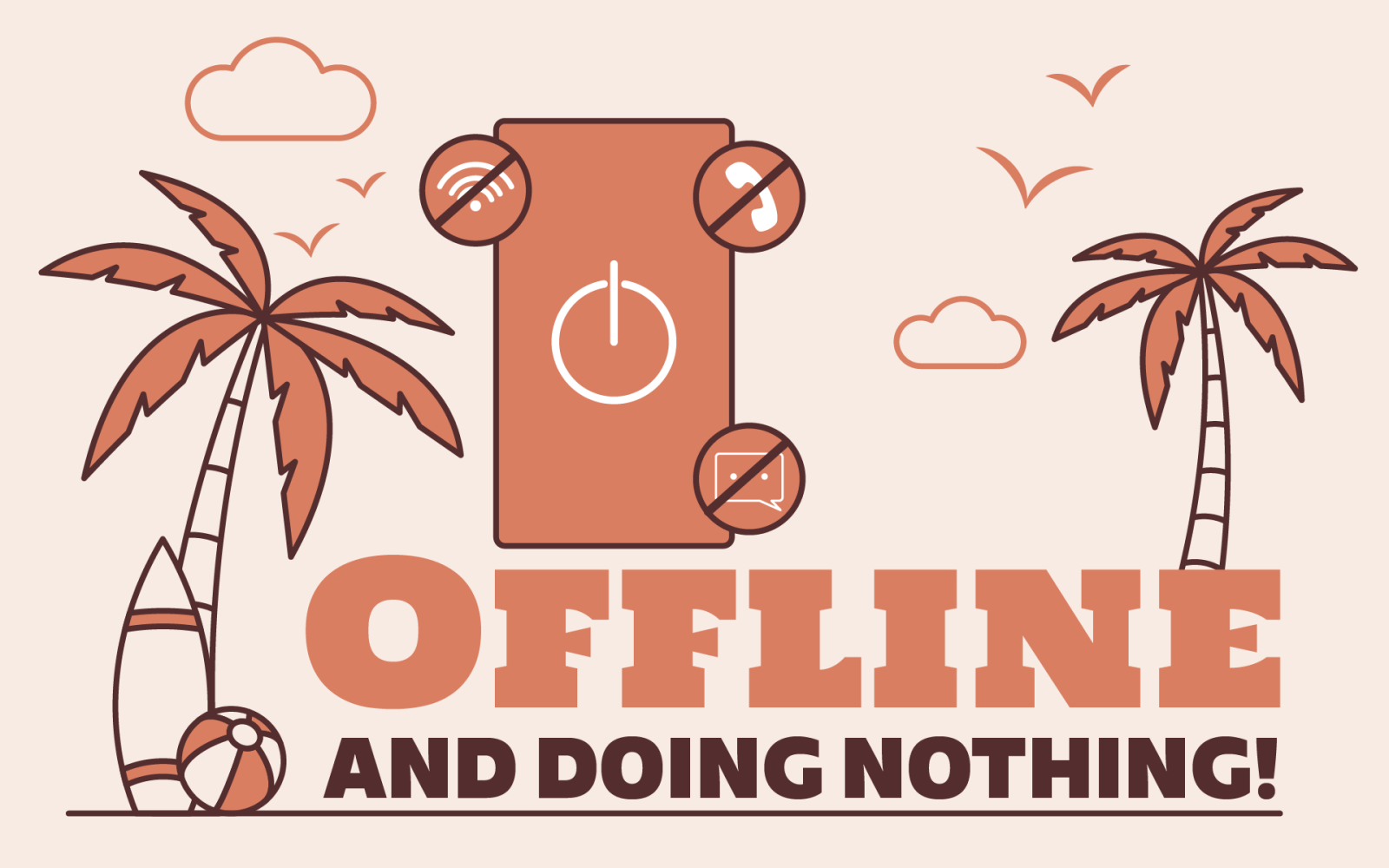The four ways I’m changing my mood this festive season

There are ways to make the holiday season the best time of the year.
Many times, in my erratic life, I’ve been held prey by my moods. Going into the Yuletide season and the New Year, like many of my friends, I feel some trepidation. How will I handle other people? How will I handle the feelings that come up for me?
My children are returning for a visit with my ex-wife. Things can get awkward, heated, confusing. While I might not be visibly angry, happy or sad, there has been something below the surface that infects my demeanour. I’m often unable to verbalise exactly what it is.
Like my parents, I was never encouraged to describe my feelings. I was taught what I should be feeling, with little value to what I actually felt. I also didn’t know that two feelings, apparently contradictory ones, could be felt at the same time. For example, I’m happy that my daughter is flourishing overseas, and I’m sad that I don’t see her often.
After having tried a range of antidepressants over the years, when the black dog really bit hard (Winston Churchill likened his depression to a dark canine that came a-sniffing), and found them to be fairly effective, I have graduated onto some other tricks which I’d like to share, so that the time I spend with my strangely constellated family is the best time it can be.
- I notice that I am feeling something. I imagine myself hovering in the air above myself, and try to describe what I’m feeling, and why. For example, I’m feeling anger because I don’t think my ex-wife communicated very well and doesn’t respect me. Often, just noticing this is enough to shift how I feel. All I have to do is describe what and why. By some unknown magical process, this helps me to move on, and let the feeling go.
- After making a statement about my feelings, I subject it to this question: True, false, or don’t know? What are the assumptions I’m making? I then discover that my feelings have been based on assumptions which may not even be true! Very seldom do I find that the way I feel is grounded in reality, but more often, on my own perspective, which may not take other perspectives into account, and why I need to know. This helps the other person understand what I need. Taking ownership of my part relieves me of feeling resentful.
- Recently, I’d been in a lousy mood for about a week. I was focussing on things I didn’t have in my life, and it was making me miserable. I made a conscious decision to think about the things I did have. This can be done literally, by writing a gratitude list. I simply thought about the things I had and enjoyed – phone calls with my daughter, the support of my friends, my home. A massive change occurred. I was then in a good mood for about a week (until I had to press the refresh button.) I even found myself laughing, strangely. I said to myself: “I’m happy!”
- When I am ‘living in my head’, obsessing about things in my life, it pays me well to get out of my head. To do this, a simple little sensory meditation really works. It takes a few minutes. I close my eyes and hear something. I open my eyes and see something. I touch something, I smell something. I taste something. That’s it.
Moods come and go, like waves. Understanding that feelings pass helps me a lot. Things change. Sometimes, they need a little nudge.
Christmas and New Year will come and go. They are times of emotional intensity. I’ll need a few tools to get through this. When my children arrive, I won’t think about their leaving. I’ll be grateful for the time we have. I will let go, after stating how I feel about things and why. And I’ll watch it working, and celebrate, like I should, and like I want to.
This article was first published on the Change Exchange in 2018.




